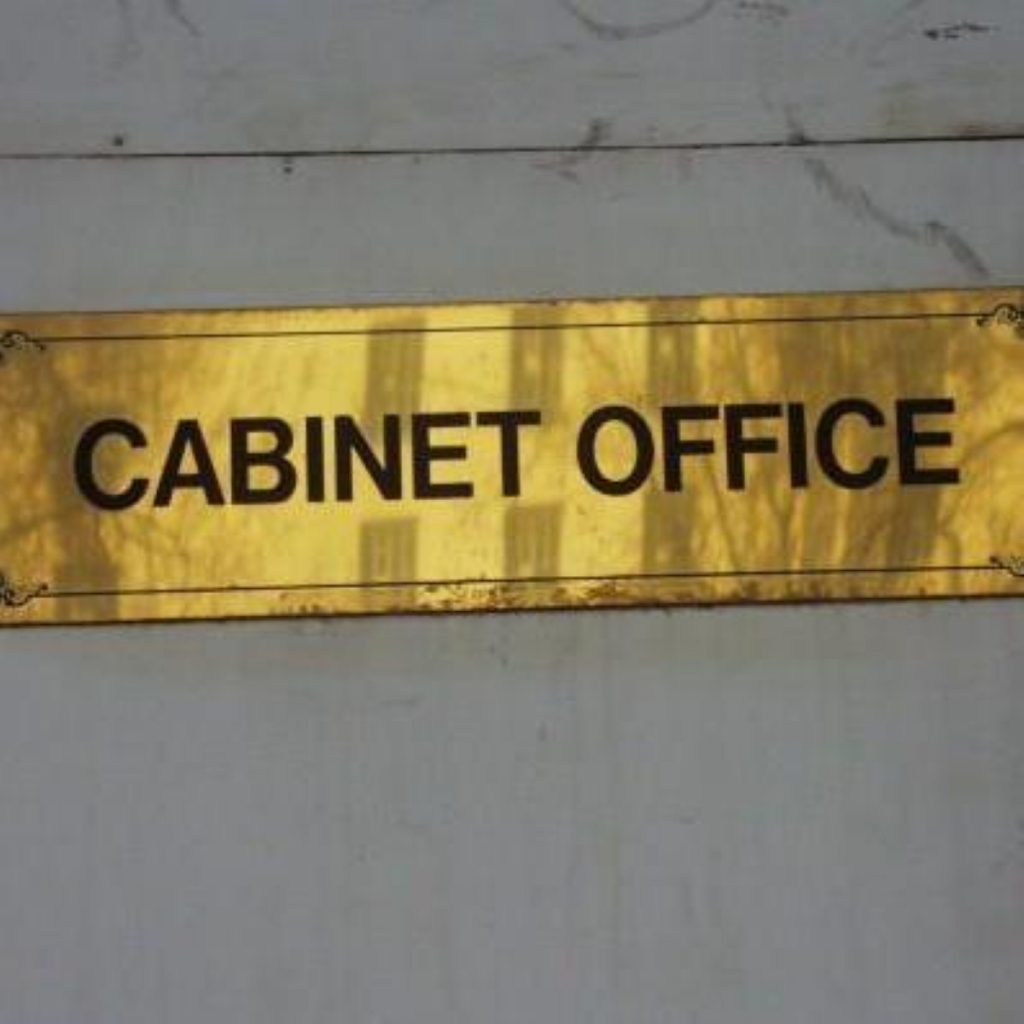Govt ordered to release minutes of Iraq war Cabinet meetings
By Ian Dunt
The government has been ordered to release the minutes of Cabinet meetings in the build up to the Iraq war.
The ruling, which relates to two 2003 meetings in particular, was made by the information tribunal this afternoon – the first time it has ruled on Cabinet meetings.
The meetings took place on March 13th and 17th, just days before the invasion was launched.


In its ruling, the Tribunal said: “We have decided that the public interest in maintaining the confidentiality of the formal minutes of two Cabinet meetings at which ministers decided to commit forces to military action in Iraq did not… outweigh the public interest in disclosure.”
The Tribunal said its decision had been “difficult” and carried by a majority verdict, rather than unanimously.
Edward Davey, Liberal Democrat foreign affairs spokesman, said: “These were crucial Cabinet meetings, when issues central to the decision to go to war with Iraq were discussed. The public clearly has the right to see the minutes.
“Their publication may help answer some critical questions, and certain people may find themselves in an even more difficult position.”
Sir Gus O’Donnell, the Cabinet secretary, will now almost certainly take the matter to the court of appeal.
If he loses that appeal he may then take the case to the House of Lords.
Even by that stage, he could pass the matter over to the prime minister, who can use a ministerial veto over the Freedom of Information request, although it would be the first time someone in government has ever done so.
The judgment upheld an earlier decision from the information commissioner.
Early last year, the commissioner, Richard Thomas, ordered the disclosure on the grounds that there was “a widespread view that the justification for the decision on military action in Iraq is either not fully understood or that the public were not given the full or genuine reasons for that decision”.
This fact, together with the controversy over the attorney general’s advice on the war, meant the disclosure was in the public interest.
Sir Gus countered that publishing minutes of Cabinet meetings meant ministers would be prevented from having frank discussions.
But the information commissioner argued that discussions on the Iraq war were of such a special nature they would not set a precedent.
Shadow foreign secretary William Hague reiterated Conservative calls for a full-scale inquiry.
“Rather than have items of evidence dragged into the public domain piece by piece the government should set up a full-scale Privy Council inquiry into the origins and conduct of the Iraq war,” he said.
“The sooner we can learn the lessons of the war the sooner we can apply them. It is imperative to begin an inquiry before memories have faded, emails have been deleted and documents have disappeared.”
The 41-page Information Tribunal ruling says the minutes show only two Cabinet members – Robin Cook and Clare Short – voiced dissent.
Paragraph 55 reads: “The information commissioner argued that the convention of collective Cabinet responsibility would not be harmed in this case because (without disclosing the detailed content of the material) it can be said that the minutes do not provide any evidence of dissent beyond that expressed publicly by Robin Cook and Ms Clare Short.”
A Cabinet Office spokesman said: “The Cabinet Office notes the information tribunal decision and will now consider its response.”

